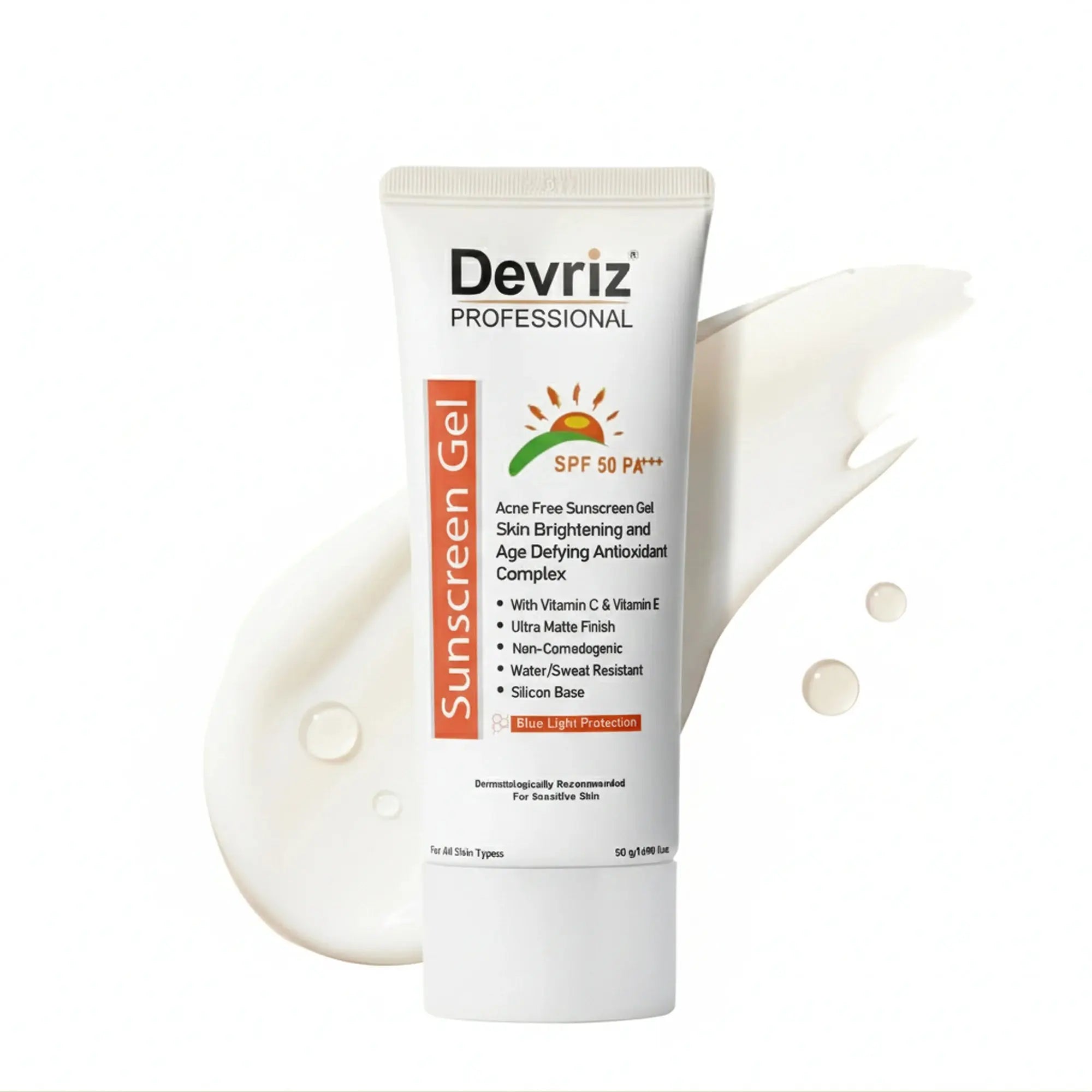Introduction
Melasma is a common skin condition that causes dark patches to appear on the skin, primarily on the face. Although it is not harmful, it can be distressing for those affected. Understanding the causes, symptoms of Melasma Treatment is crucial for effectively managing and preventing this condition.
At Devriz Health Care, we specialize in advanced dermatological solutions that help individuals achieve clear and healthy skin.
This article will explore melasma in detail, including its causes, symptoms, and effective treatment options.
What is Melasma?
Melasma is a form of hyperpigmentation that results in brown or grayish patches on the skin. It commonly affects areas exposed to the sun, such as the cheeks, forehead, nose, and upper lip.
Who is Affected by Melasma?
- Women are more prone to melasma than men, especially during pregnancy.
- People with darker skin tones are at a higher risk due to increased melanin production.
- Those with a family history of melasma are more likely to develop it.
Causes of Melasma
Hormonal Changes
Hormonal fluctuations play a major role in melasma development. Pregnancy, birth control pills, and menopause can all contribute to this condition. That’s why melasma is sometimes called the “pregnancy mask.”
Sun Exposure
Ultraviolet (UV) rays stimulate melanocytes, the skin cells responsible for pigment production. Without proper sun protection, melasma can worsen.
Genetic Factors
A family history of melasma increases the likelihood of developing it. Some individuals are genetically predisposed to hyperpigmentation.
Skin Irritation
Harsh skincare products, excessive exfoliation, and certain medications can irritate the skin and trigger melasma.
Symptoms of Melasma
Melasma presents as symmetrical brown or grayish patches on the face. Commonly affected areas include:
- Forehead
- Cheeks
- Upper lip
- Nose
It differs from other pigmentation issues as it does not cause pain, itching, or inflammation.
Diagnosing Melasma
Clinical Examination
A dermatologist can diagnose melasma based on a visual examination of the affected skin.
Wood’s Lamp Test
A Wood’s lamp, which emits UV light, helps determine the depth of pigmentation.
Skin Biopsy
In rare cases, a skin biopsy may be performed to confirm the diagnosis.
Effective Melasma Treatment Options
Topical Treatments
- Hydroquinone: A skin-lightening agent that reduces pigmentation.
- Retinoids: Helps with skin cell turnover and fading dark patches.
- Corticosteroids: Used in combination with other treatments to enhance results.
Chemical Peels
Chemical peels exfoliate the skin, promoting new cell growth and reducing pigmentation.
Laser Therapy
Laser treatments, such as Q-switched lasers, break down excess melanin in the skin.
Microneedling
This treatment stimulates collagen production, improving skin texture and tone.

Home Remedies for Melasma
Some natural remedies may help in managing melasma, such as:
- Aloe Vera: Contains aloesin, which helps lighten pigmentation.
- Turmeric: Reduces melanin production.
- Apple Cider Vinegar: Has natural acids that exfoliate the skin.
A diet rich in antioxidants and proper hydration also plays a crucial role in skin health.
Preventing Melasma
- Use a broad-spectrum sunscreen (SPF 30 or higher).
- Avoid prolonged sun exposure, especially during peak hours.
- Maintain a gentle skincare routine to prevent skin irritation.
Devriz Health Care’s Approach to Melasma Treatment
At Devriz Health Care, we offer:
- Cutting-edge dermatological treatments are tailored to each patient’s skin type.
- Personalized skincare regimens are designed by our expert dermatologists.
- Advanced laser therapies that safely and effectively reduce pigmentation.
Conclusion
Melasma is a challenging skin condition, but with the right approach, it can be effectively managed. Whether through topical treatments, professional procedures, or lifestyle changes, individuals can achieve a clearer complexion.
If you're struggling with melasma, Devriz Health Care is here to help. Our expert team provides customized treatment plans to restore your skin’s natural glow.
FAQs
Can melasma be cured permanently?
Melasma can be managed, but it may not be permanently cured. Consistent treatment and sun protection are key.
Is melasma dangerous?
No, melasma is harmless and does not lead to serious health issues.
How long does it take for melasma treatments to work?
Results vary, but noticeable improvement can take weeks to months.
Can men get melasma, too?
Yes, though it is more common in women, men can also develop melasma.
What is the best sunscreen for melasma-prone skin?
A broad-spectrum sunscreen with SPF 30 or higher is ideal for preventing melasma flare-ups.






